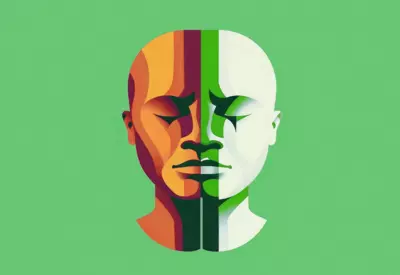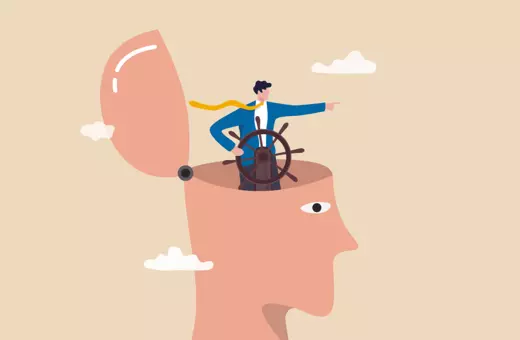Modernity is not all it’s cracked up to be. Loneliness, anxiety, restlessness and precarity are all prominent features of modern existence. This has led many to overarching critiques of modernity, arguing for its complete overhaul, often accompanied by calls for a return to more traditional forms of life. But going back to pre-modern times is not the answer. What we need to do is use ancient wisdom to temper some of the ills of modernity, while celebrating its achievements, argue Benjamin Storey and Jenna Silber Storey.
Human beings “cannot sit still in a room,” Blaise Pascal observed long ago. For when we do, we find ourselves face to face with the “natural unhappiness of our weak and mortal condition, so miserable that nothing can console us when we think about it closely.” We rush outside of ourselves because we find misery in our own company.
For years, we have been speaking on college campuses, bringing Pascal’s words to the attention of students, and observing their reactions. No matter where we are, from small liberal arts colleges to great Ivy League universities, students respond with stunned silence. For this long-dead Frenchman describes the restless unhappiness that many students experience but few dare to reveal.
These students find little to satisfy them in their campus culture. Like everyone else, they are swept up in the obligatory hurricane of clubs, classes, and career counseling sessions, but they feel the chill at its empty center. For the weekend bacchanalias that their institutions of higher education permit, and sometimes sponsor, they have only disdain. When Pascal suggests to these students that the diversions that fill their days are nothing more than ways to distract frightened mortal animals from their condition, they listen.
___
Nothing fills intellectual gaps more quickly than great overarching theories about the causes of all our ills
___
Many of these young people often hope to find, somewhere in the labyrinth of their educations, a better way to seek happiness, a sturdier model of meaning after which to pattern their lives. Some choose to dedicate themselves to causes that have the university’s imprimatur. But others seek a more contrary counterculture, one that adults understand less well how to deal with or co-opt. Sensing that the weak parts of modern culture cannot be propped up by reinforcing its progressive presuppositions, they reach back in time for firmer foundations.
It is tempting to delight in the outrageousness of this move. Those who do coin names for themselves that embrace the provocation, calling themselves “red-pilled” “rad trads” and “retro wives.” The intellectual and moral daring of such students is, in a way, admirable. For it allows them to see that a richer understanding of the good life requires an adventure into the resources of the past. But when they binge-watch videos about getting off the grid or tweet obsessively about how good life was in the Middle Ages, one begins to suspect that they are not so different from other contemporary exemplars of quirky self-fashioning.
 SUGGESTED READING
Why getting what you want won't make you happy
By David Hoinski
SUGGESTED READING
Why getting what you want won't make you happy
By David Hoinski





















Join the conversation